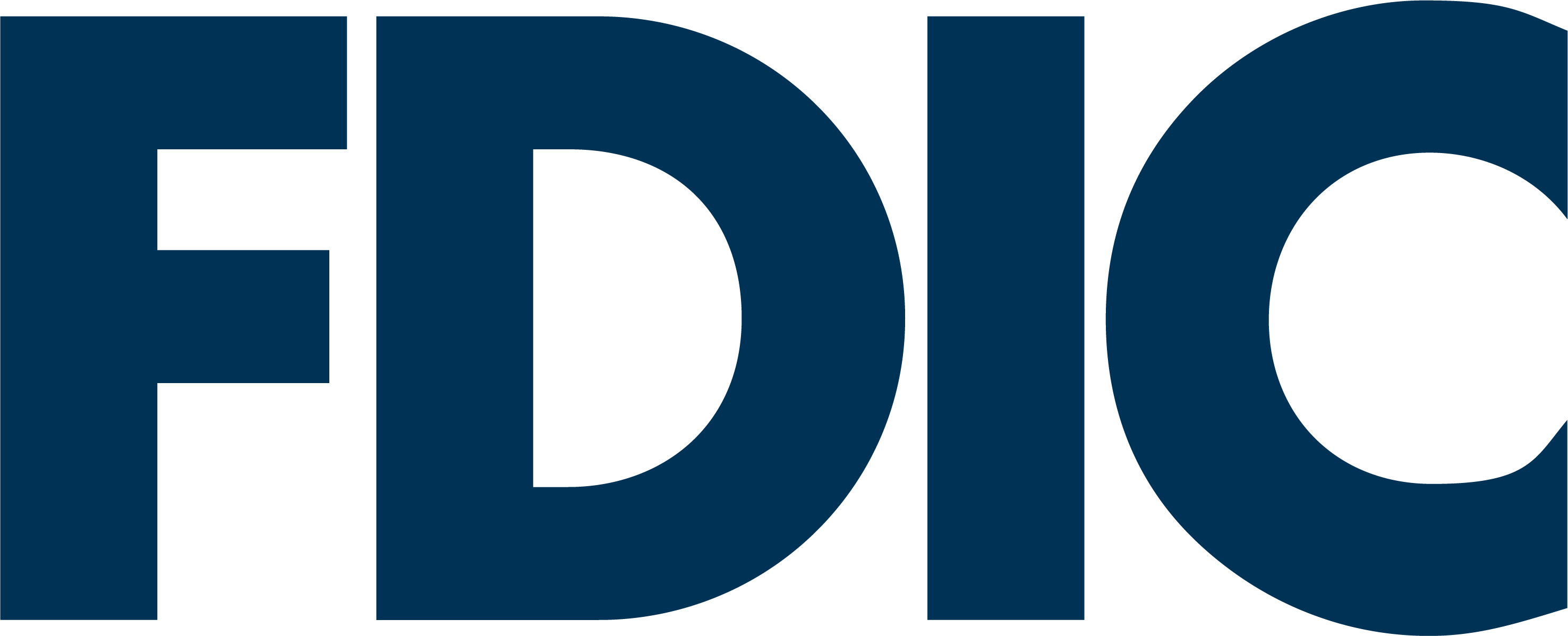
Industry Specialized Loans
Our industry specialized banking services offer tailored financial solutions and expertise for businesses operating in specific sectors, providing industry-specific support to address challenges and capitalize on opportunities. With a deep understanding of your industry, we are dedicated to delivering customized banking solutions that help your business thrive in today's competitive market.















